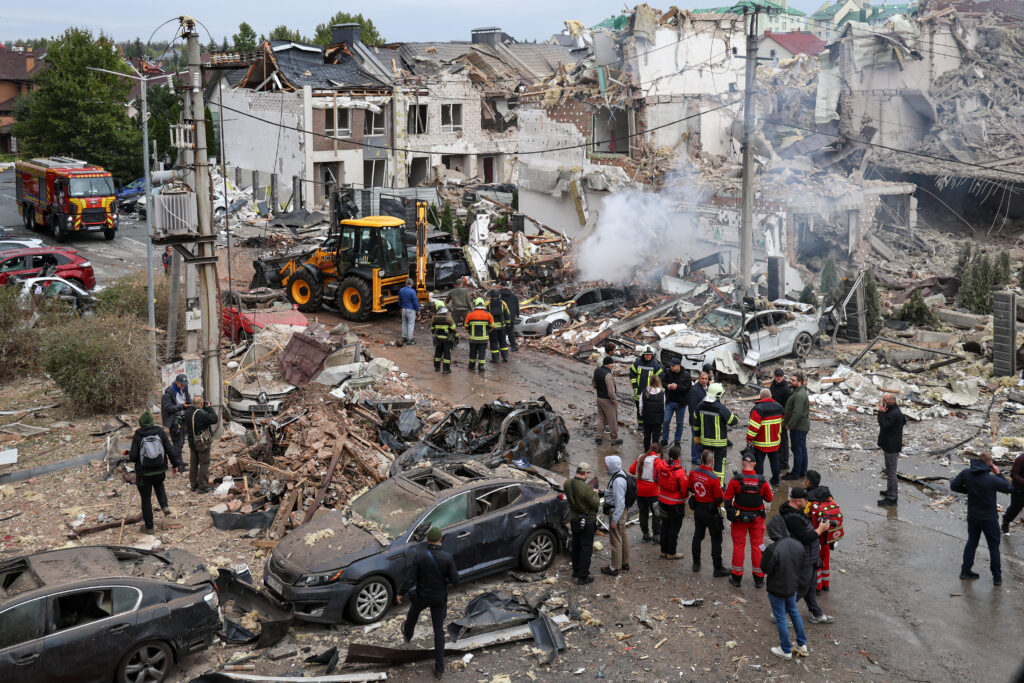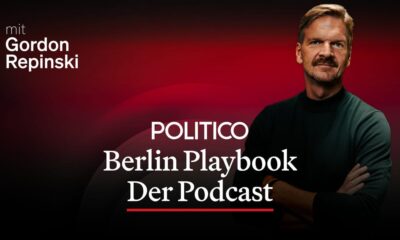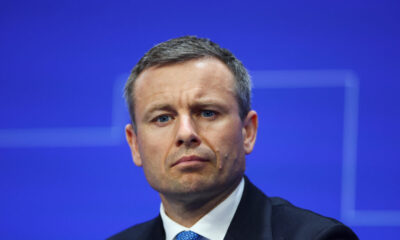EU Affairs
Trump is failing Ukraine — that will only change if he gets tough on Putin

Read more on post.
On numerous occasions, he has threatened sanctions against Russia, but these threats have turned out to be hollow. Deadlines have come and gone without consequence, and Putin has been skillful at throwing Trump a bone just juicy enough to avoid punishment — though without any real meat.
Now, Trump is conditioning new sanctions and tariffs against Russia on Hungary and Slovakia halting their imports of Russian gas. But while this may usefully firm up Europe’s posture toward Russia, it seems more like a diversion for Trump to avoid imposing new sanctions.
In all of this, Moscow has, of course, taken note of how the U.S. leader shies away from exerting any real pressure. It’s the sort of weakness the Kremlin both loathes and is a master at exploiting. The question is, whether Trump’s newly found hawkishness is just rhetorical.
Putin, for his part, has little interest in a ceasefire. He believes his forces are slowly but surely grinding down Ukraine’s defenses, and that the West’s support for Kyiv will wane over time. He thinks Russia will eventually achieve its objectives on the battlefield — notwithstanding the high cost in manpower and material. And if there’s a deal to be made, he believes the longer he holds out, the better the terms will be.
So, absent any real prospect of U.S. pressure, he has been escalating the war: Since May, Russia launched several massive drone and missile attacks on Kyiv and other Ukrainian cities. The past few weeks saw Moscow targeting “decision-making centers” and no longer caring if foreign embassies are damaged in the strikes. Then, on Sept. 7, Russia carried out its largest attack on Kyiv to date with over 800 drones, including a strike on the Cabinet of Ministers building where Ukraine’s prime minister works.
If Trump is serious about a ceasefire, he needs to finally turn the screws on Russia in order to change the calculation in Moscow. Putin should be made to see he has more to gain from a ceasefire than from war. And by escalating in this way, Trump could achieve de-escalation.
The West could do this through the imposition of hard-hitting sanctions — notably secondary sanctions — on energy exports and on the Russian shadow fleet, as well as seizing of the €300 billion in frozen Russian assets.









